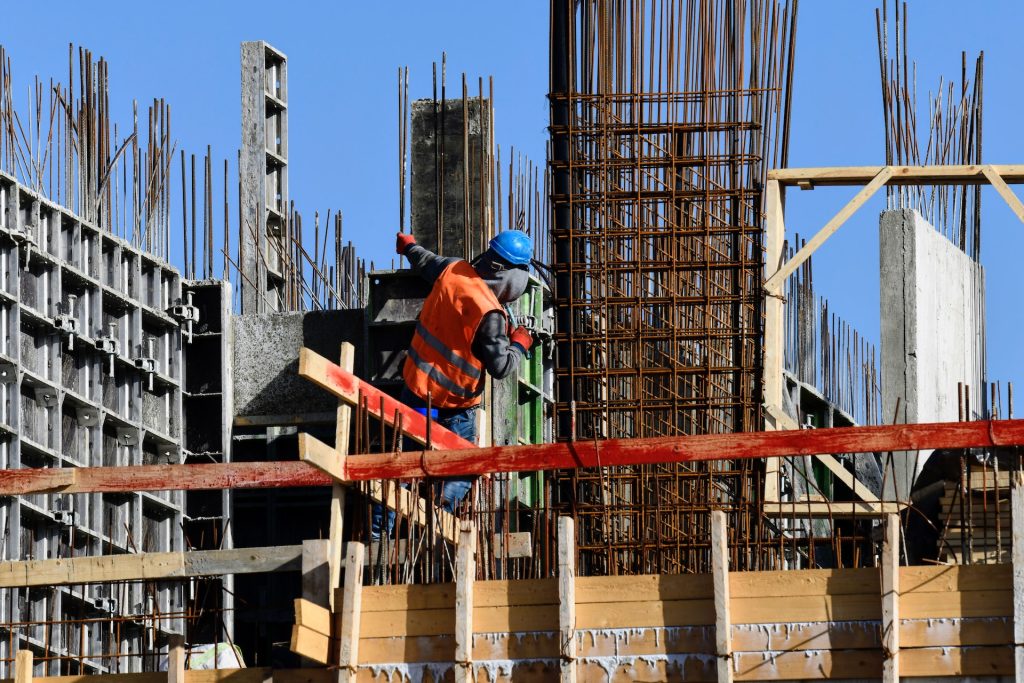The Importance of Rebar in the Construction Industry


Rebar is a fundamental component of reinforced concrete, and it plays an important role in the construction industry. Rebar is used to strengthening and support structures, providing stability against the forces of nature or other external pressures. It can be found in nearly all types of buildings, bridges, and infrastructure projects around the world. In this article, we will discuss the various types of rebar available for use in construction projects, as well as their advantages. We will also explore why using rebar price Malaysia is so essential when building or repairing any type of structure.
Rebar is a type of steel bar that is used to reinforce concrete, providing strength and stability against external forces. It is available in various sizes and shapes, ranging from large and coarse to small and smooth. Rebar is typically used in the construction of buildings, bridges, roads, and other infrastructure projects.
Rebar comes in a variety of shapes and sizes, which can be used for different purposes. The most common types are:
• Plain Rebar: Plain rebar is the most commonly used type of steel bar for projects that require high tensile strength and durability. It can be used for both vertical and horizontal reinforcement.
• Epoxy-coated Rebar: This type of rebar has a protective coating that helps to protect it from corrosion and wear. It is best used in projects where there is a high risk of chemical exposure or attack, such as in marine environments.
• Deformed Rebar: This type of rebar has a rough surface, which helps it to better grip and bond with the concrete. It is best used for projects that require higher levels of structural strength and stability.
• Galvanized Rebar: This type of rebar has a zinc coating that helps to protect it from corrosion. It is best used in environments where there is a high risk of moisture or corrosion.

Rebar offers a wide range of advantages when used in construction projects. Here are some of the most important benefits:
• Strength and Durability: Rebar offers an excellent level of strength and durability, making it ideal for constructing structures that need to withstand heavy loads or harsh conditions.
• Resistance to Corrosion: Rebar is highly resistant to corrosion, making it ideal for projects in areas prone to moisture or chemical exposure.
• Easy to Install: Rebar is relatively easy to install, which helps to reduce both labor costs and construction time.
• Cost-Effective: Rebar is an economical choice for most projects since it is relatively inexpensive and easy to obtain.
Rebar is a versatile and essential material for any construction project, offering strength, durability, and cost-effectiveness. No matter what type of project you are undertaking, using rebar is the best way to ensure that your structure will last for years to come. With proper installation and care, your project will remain strong and secure for years to come.